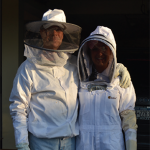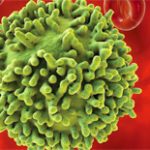When Christopher Ritchlin, MD, MPH, isn’t teaching students, residents and fellows at the University of Rochester Medical Center (URMC), treating patients or conducting medical research in his lab, he’s monitoring the health of another sort of patient—honeybees. For the past four years. Dr. Ritchlin, professor and chief of allergy, immunology and rheumatology at URMC, has…








